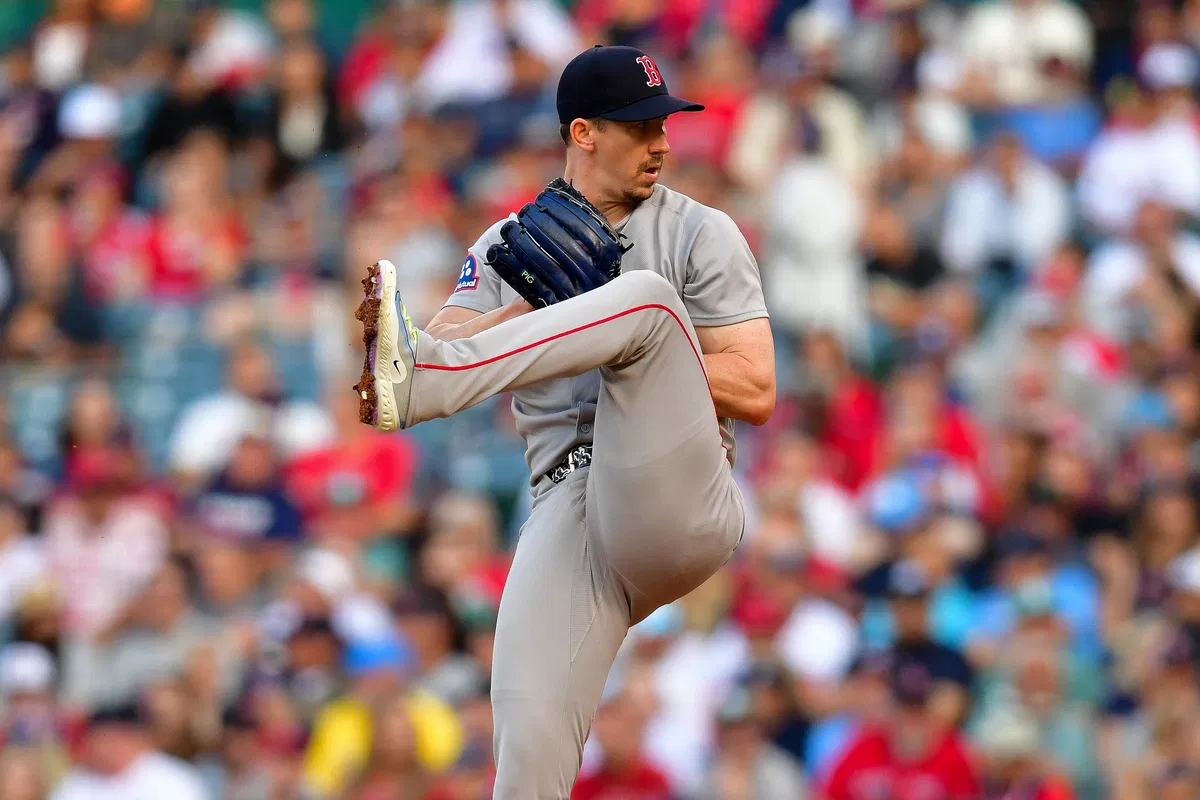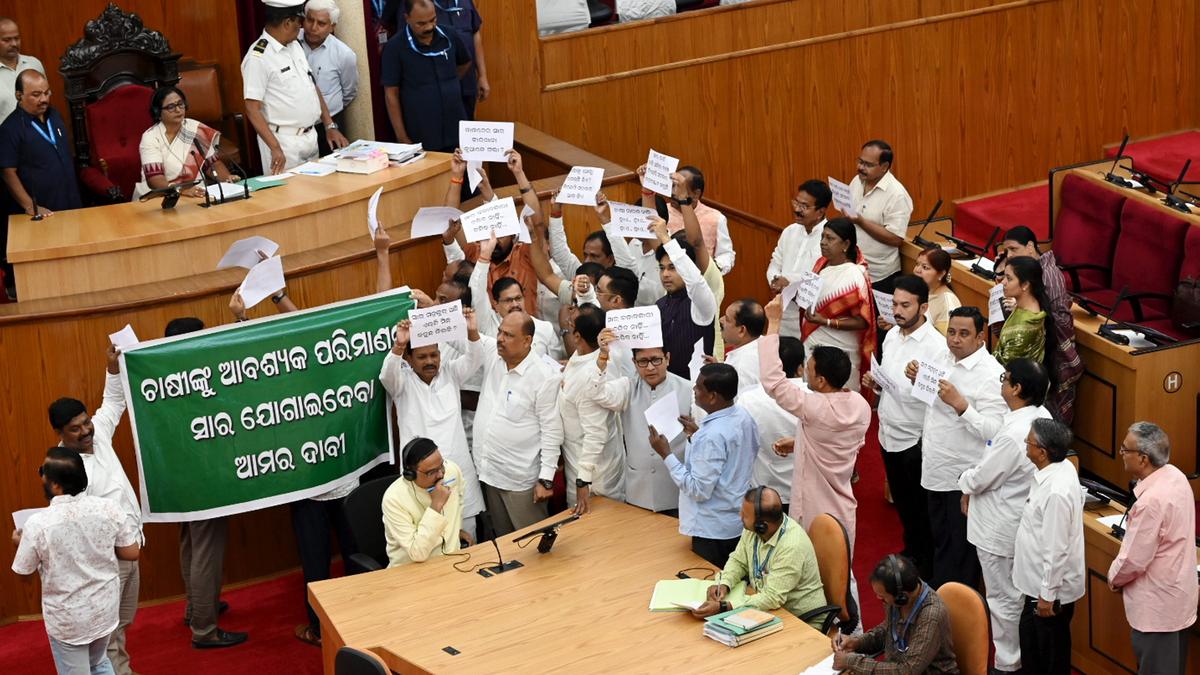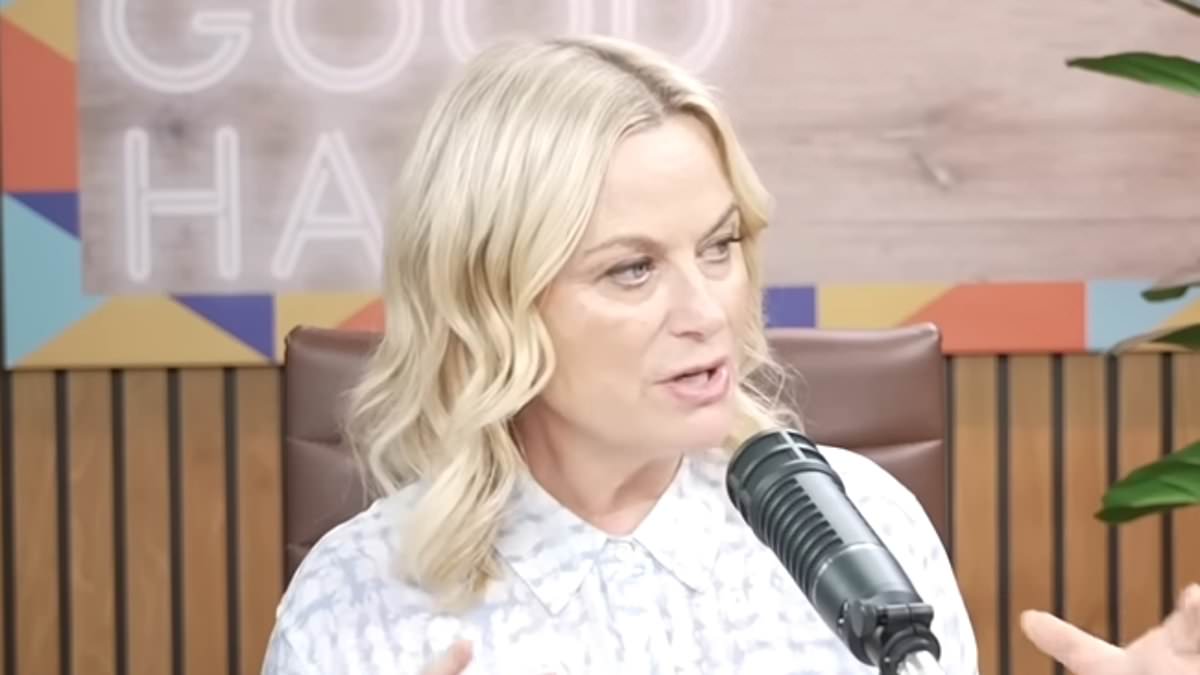Walker Buehler Unknowingly Sells Out Phillies Manager After MLB Announces ABS Challenge System for 2026

In 2024, MLB umpires missed over 27,000 calls and correctly judged just 92.46% of ball-strike calls. Walker Buehler didn’t hold back, criticizing the league’s upcoming automated challenge system, designed to fix these mistakes. His blunt honesty, however, may have unintentionally undercut his Phillies manager’s strong support for the technology set to debut in 2026. This has caused an awkward division within the Phillies organization over a system that could eliminate nearly 2,000 missed calls per season.
During the Phillies’ 4-3 loss to Arizona, Otto Kemp was struck by a clearly outside fastball from Zac Gallen, yet home plate umpire Alex Tosi called it strike three. If the new Automated Ball-Strike (ABS) Challenge System had been active, Kemp could have tapped his helmet, challenged the call, and continued his at-bat with a full count.
Buehler, who tested the system last month while rehabbing in Triple-A Lehigh Valley after signing with Philadelphia, delivered a tough critique, clashing with the team’s public stance. “I think it’s inaccurate,” Buehler said. “Most of the stadiums, it’s not even actually on the plate. I think it shifts certain directions in certain ballparks.” He further defended baseball’s human elements: “I think the human element is a huge part of this game. I think starting pitchers that have pitched for a long time deserve certain parts of the plate that other guys don’t get.”
ADVERTISEMENT
Article continues below this ad
Buehler added with evident frustration, “When I got to the big leagues, I didn’t get every part of the zone that other guys did. And I think that’s part of our game and should be. I think the punishment for challenging something that’s clearly a strike is not big enough.”
Phillies manager Rob Thomson painted a contrasting picture of the same technology. “I love it, and I loved it in spring training,” Thomson declared, praising how the system “keeps everybody accountable” and upholds competitive fairness. His praise highlighted players’ positive reception and the potential to avoid costly bad calls, like Kemp’s.
ADVERTISEMENT
Article continues below this ad
Buehler’s technical doubts versus Thomson’s operational optimism illustrate baseball’s complex embrace of evolving technology—a clash growing louder as innovation advances.
Inside the Phillies, this technological tension simmers quietly. But the team’s bigger focus remains winning in 2024—a challenge complicated by recent struggles that make 2026 plans seem premature. If Philadelphia cannot capitalize on current opportunities, future systems don’t matter.
Read Top Stories First From EssentiallySports
Click here and check box next to EssentiallySports
Phillies’ Championship Hopes Take Another Hit
There were heated debates about technology going on in the clubhouse, but the Phillies had a more pressing problem on the field Tuesday night. Philadelphia Phillies blew what should have been an easy win by falling apart dramatically against Miami.
ADVERTISEMENT
Article continues below this ad
The heartbreak lasted for 11 long innings, and a rain delay in the ninth inning made things worse as the Phillies lost 6-5 to a rebuilding Marlins team. This wasn’t just a regular-season loss; it basically ended Philadelphia’s chances of getting the top seed in the National League when they needed every win they could get.
The timing couldn’t have been worse. That same night, Milwaukee lost to San Diego, which gave the Phillies a splendid chance to put a lot of pressure on them. If Philadelphia had just taken care of business against Miami, the Brewers’ lead would have been cut to just 1.5 games, and the momentum would have been building toward the end of the season.
ADVERTISEMENT
Article continues below this ad
The Phillies are now 2.5 games behind Milwaukee with only five games left to play. The math has gotten really hard. Milwaukee’s magic number dropped to three with four games left, which made it almost certain that they would get home-field advantage. Philadelphia’s chances of winning the championship just got a lot harder without that coveted playoff edge.



